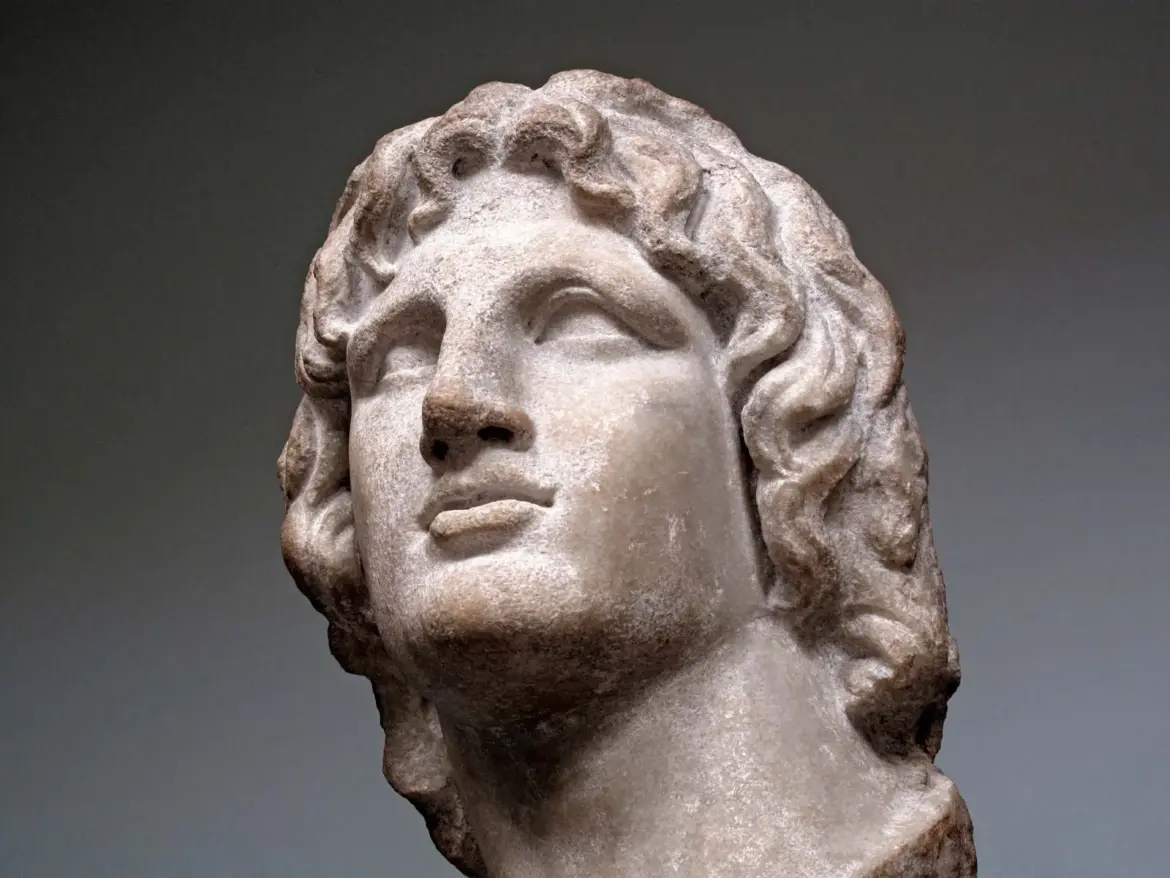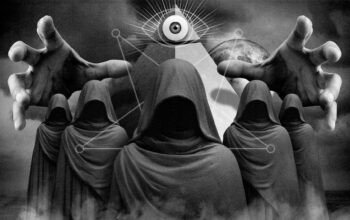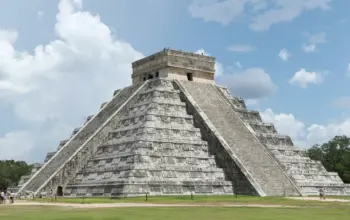History is filled with the untimely and often mysterious deaths of prominent figures. While some of these deaths have been conclusively ruled as assassinations, others remain clouded in suspicion and speculation. Were these figures victims of deliberate plots, or were their deaths mere coincidences? Let’s examine some of history’s most enigmatic cases.
1. Napoleon Bonaparte: Poisoned or Natural Causes?
Napoleon Bonaparte, the former Emperor of France, died in exile on the remote island of Saint Helena in 1821. While the official cause of death was stomach cancer, speculation has persisted for centuries that he was poisoned, possibly with arsenic. Hair samples taken from Napoleon’s remains showed high levels of arsenic, but some argue that these levels could have resulted from environmental exposure rather than deliberate poisoning. The truth remains elusive.
2. Alexander the Great: Illness or Foul Play?
Alexander the Great, one of history’s most outstanding military leaders, died at 32 in 323 BCE. His death, which followed a prolonged fever, has been attributed to multiple possible causes, including typhoid fever, malaria, or even a rare autoimmune disorder. However, some historians suspect poisoning, as his symptoms were consistent with ingesting toxic substances. The lack of definitive medical records leaves this case open to debate.
3. Julius Caesar: Political Conspiracy or Inevitable Fate?
Julius Caesar’s assassination is one of the most well-documented in history. On March 15, 44 BCE, he was stabbed 23 times by a group of senators led by Brutus and Cassius. This was undoubtedly an assassination, but some historians believe that Caesar’s increasingly autocratic rule made his fate inevitable. Could his death have been prevented, or was it an unavoidable consequence of his rise to power?
4. Rasputin: Impossible to Kill?
Grigori Rasputin, the controversial Russian mystic and advisor to the Romanovs, was reportedly poisoned, shot multiple times, and ultimately drowned in 1916. His death has been shrouded in mystery due to the conflicting accounts of those involved. Some suggest that the poisoning attempt failed and that a British intelligence agent ultimately shot him. The bizarre and almost supernatural elements surrounding his death have fueled numerous theories.
5. President Warren G. Harding: Natural Death or Murder?
Warren G. Harding, the 29th President of the United States, died suddenly in 1923 while on a trip to San Francisco. Officially, he died of a heart attack, but rumors swirled that he had been poisoned, possibly by his wife, Florence Harding. Some believe she was trying to prevent political scandals from tarnishing his legacy. No autopsy was performed, leaving the door open for speculation.
Conclusion
The deaths of these historical figures continue to captivate scholars and conspiracy theorists alike. While some cases provide compelling assassination evidence, others leave more questions than answers. Whether these deaths were due to sinister plots or unfortunate coincidences, they serve as reminders of the intrigue that history holds.




